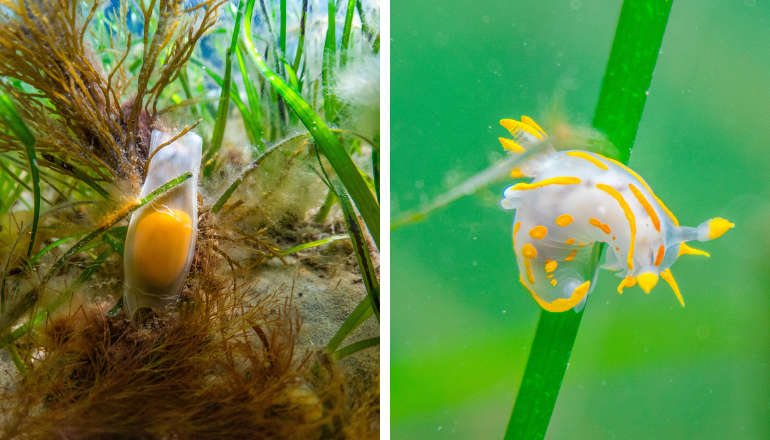
Vital seagrass restoration in the Solent, Isle of Wight and Portsmouth, is being highlighted as part of National Marine Week, with people being urged to do their bit to help our coastal environments.
Hampshire & Isle of Wight Wildlife Trust is restoring the internationally important seagrass beds in the Solent at Langstone Harbour and Seaview.
Seagrass meadows are unique ecosystems supporting a huge array of marine life, providing habitat, food, breeding grounds, and shelter for countless species.
They are incredibly important habitats but also provide a range of other functions, crucial to our wider environment and coastal communities.
They are considered powerhouses of blue carbon storage and help to battle the effects of climate change.
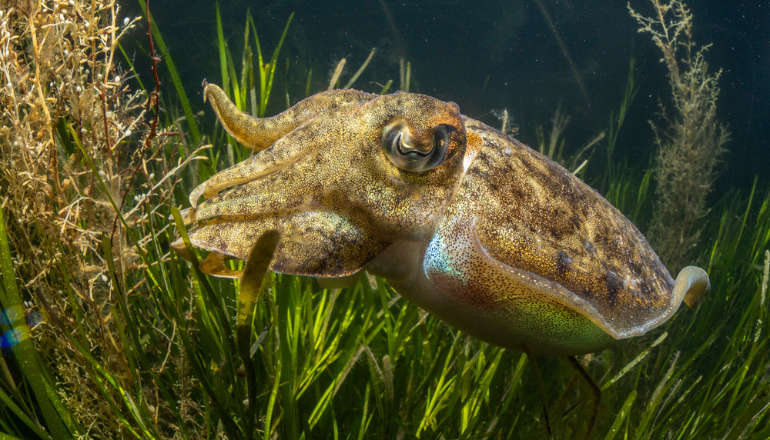
Healthy seagrass meadows accumulate sediment capturing carbon; the meadows help buffer the impact of wave energy helping to protect our coastlines from the impacts of changing climate and weather patterns – they truly are a super habitat!
National Marine Week, spanning a fortnight until Aug 6, is this year shining a light on lesser-known creatures and plants.
Seagrass supports species such as sea anemones, stalked jellyfish, sea slugs, pipefish and seahorses.
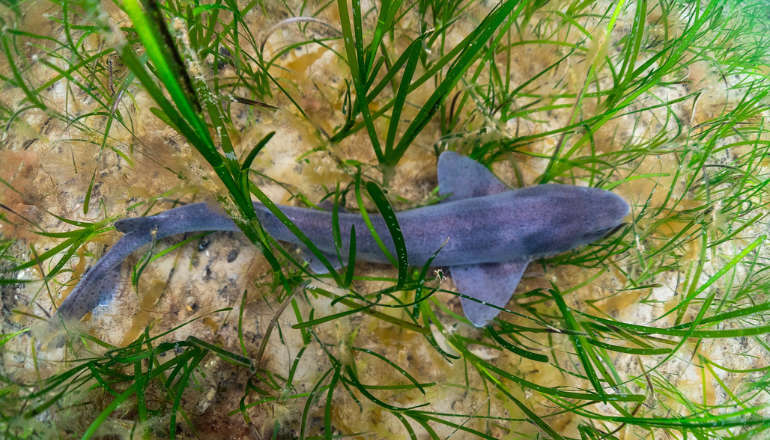
The beds also act as nurseries for commercially important fish species, including bass, which spend up to seven years growing in the Solent before joining the migratory adult population.
Cuttlefish visit the seagrass meadows to breed as well, attaching their black eggs known as ‘sea grapes’ to the seagrass leaves.
Seagrass also provides a major food source for Brent geese, which make the 3000-mile journey from Siberia to the Solent every year for a milder winter.
But with almost 90 per cent of seagrass meadows in the UK lost over the past century, it’s vital that the beds are restored, and their growth monitored.
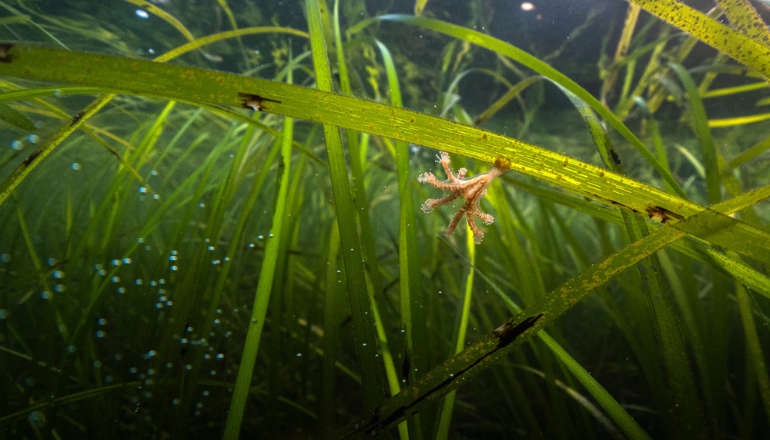
Jamie Marsh, HIWWT Director of Nature Recovery, Wilder Wight & Wilder Sea said:
“The Solent is full of amazing marine wonders. There is so much diversity and amazing wildlife, but these are not always obvious.
“The Solent seagrass meadows are some of our most valuable marine habitats, while eelgrass is unique in being the only flowering plant to live in seawater. The variety of wildlife that these meadows support is truly amazing!
"By regenerating seagrass habitats, we will create a Wilder Solent, supporting increased biodiversity, promoting greater ecosystem services, cleaner water and creating a natural blue carbon solution to mitigate the effects of climate change.”
There are a number of ways budding conservationists can get involved and do their bit.
The Hampshire & Isle of Wight Wildlife Trust aims to plant over 2000 seagrass pods in the Solent and offers the unique present of sponsoring seagrass seed pods either for yourself or as a gift.
Throughout the year the Trust also holds Intertidal Surveys in coastal locations in Hampshire and the Isle of Wight.
The surveys take between two and three hours and involves volunteers surveying a stretch of shoreline identifying and recording different marine species.

 Emergency Services Called To Three-Vehicle Arreton Crash
Emergency Services Called To Three-Vehicle Arreton Crash
 Man Arrested Following Drug-Driving Collision Between Nettlestone And Ryde
Man Arrested Following Drug-Driving Collision Between Nettlestone And Ryde
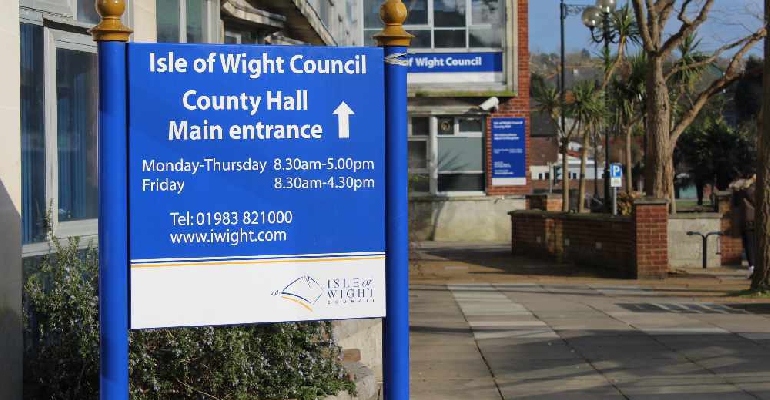 Full Council To Debate Devolution And Potential Election Delay Amid Tight Government Deadlines
Full Council To Debate Devolution And Potential Election Delay Amid Tight Government Deadlines
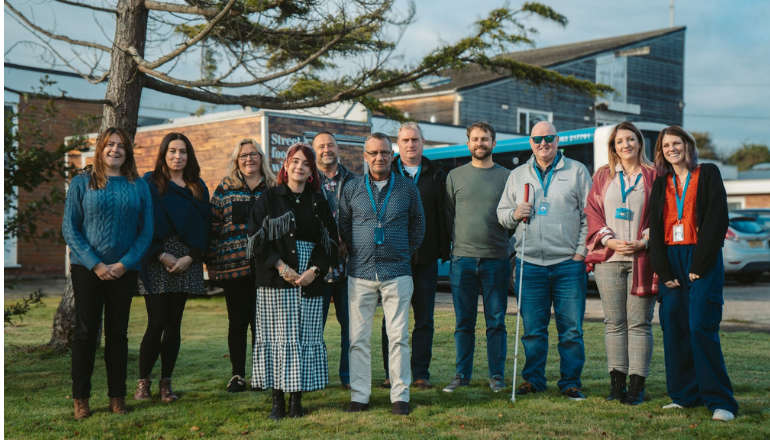 Newport's Isorropia Foundation To Complete Purchase Of Medina Valley Centre Following £1m Award
Newport's Isorropia Foundation To Complete Purchase Of Medina Valley Centre Following £1m Award
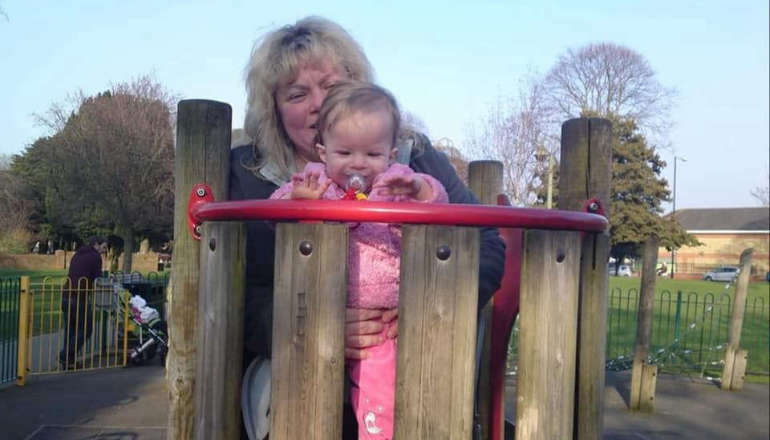 Memorial Held Following Death Of Kezi's Kindness Founder Nikki Flux-Edmonds
Memorial Held Following Death Of Kezi's Kindness Founder Nikki Flux-Edmonds
 Call To Return NHS And Social Care Equipment That Is No Longer Needed
Call To Return NHS And Social Care Equipment That Is No Longer Needed
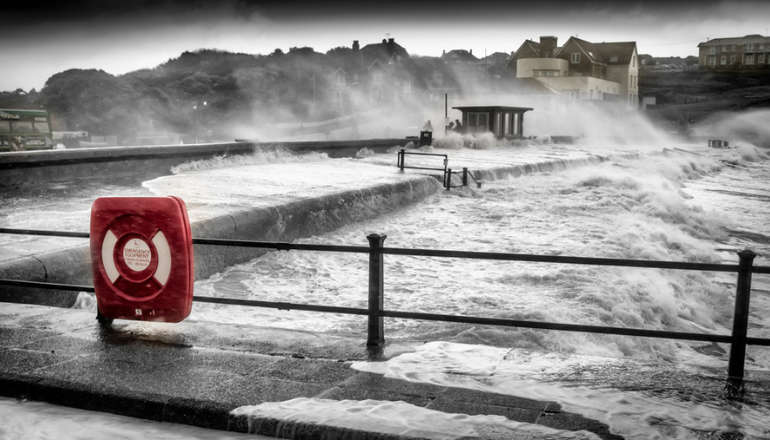 Severe Gales And Heavy Rain Forecast For New Year's Day On Isle Of Wight
Severe Gales And Heavy Rain Forecast For New Year's Day On Isle Of Wight
 Another Blow For Newport Nightlife As Wyld Closure Announced
Another Blow For Newport Nightlife As Wyld Closure Announced
 Emergency Services Called To Shanklin Following Christmas Day Death Of Elderly Woman
Emergency Services Called To Shanklin Following Christmas Day Death Of Elderly Woman
 Isle Of Wight Actor Acclaimed For Highlighting Issues Around Autism
Isle Of Wight Actor Acclaimed For Highlighting Issues Around Autism
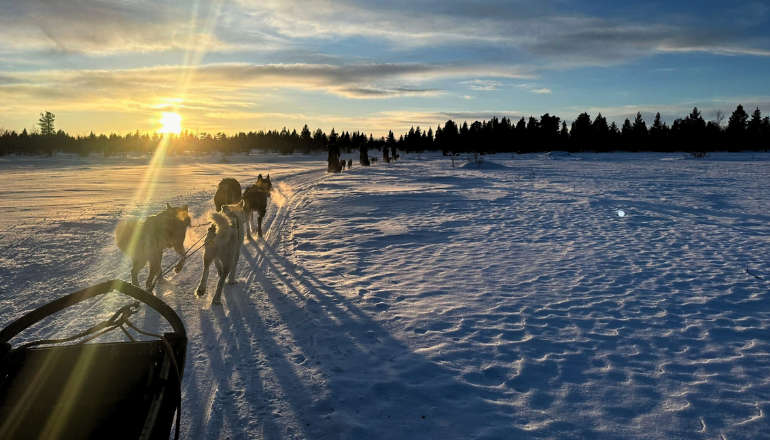 Mountbatten Inviting Islanders To Sign Up For 2026 Lapland Husky Trail
Mountbatten Inviting Islanders To Sign Up For 2026 Lapland Husky Trail
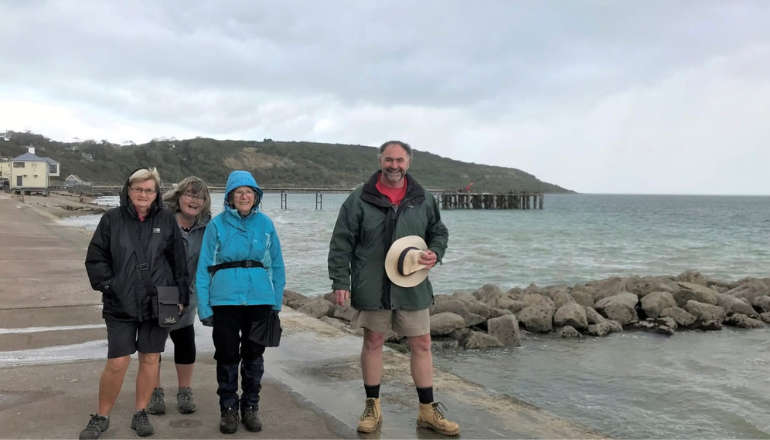 Popular Totland Bay Seawall Footpath Reopens
Popular Totland Bay Seawall Footpath Reopens
 Salvation Army Receives Festive Boost Thanks To December Donation From Southern Vectis
Salvation Army Receives Festive Boost Thanks To December Donation From Southern Vectis
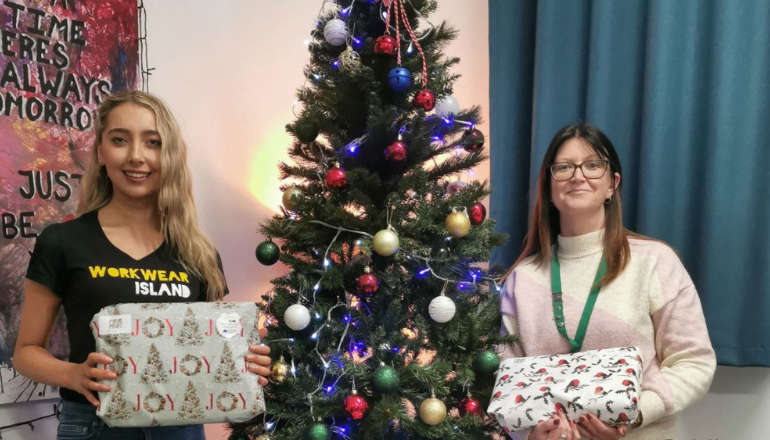 Isle Of Wight Council Supporting ‘Hoodies For Homeless’ Campaign
Isle Of Wight Council Supporting ‘Hoodies For Homeless’ Campaign
 Big Give 2024 Sees Huge Donation For Isle Of Wight Charity
Big Give 2024 Sees Huge Donation For Isle Of Wight Charity
 Highways Improvement Work Continues In The New Year
Highways Improvement Work Continues In The New Year
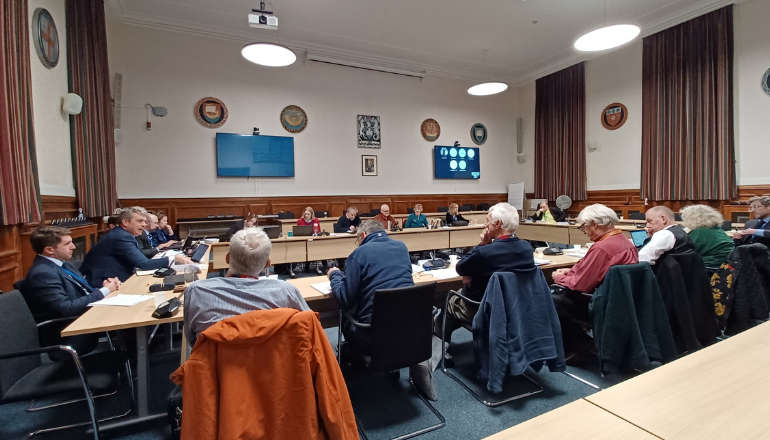 Controversial Freshwater Housing Proposal Turned Down
Controversial Freshwater Housing Proposal Turned Down
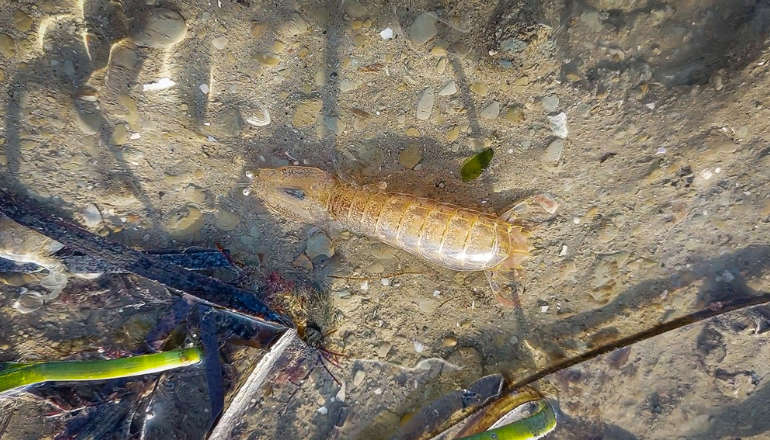 Rare Mantis Shrimp Discovery Made In Waters Off Isle Of Wight
Rare Mantis Shrimp Discovery Made In Waters Off Isle Of Wight


